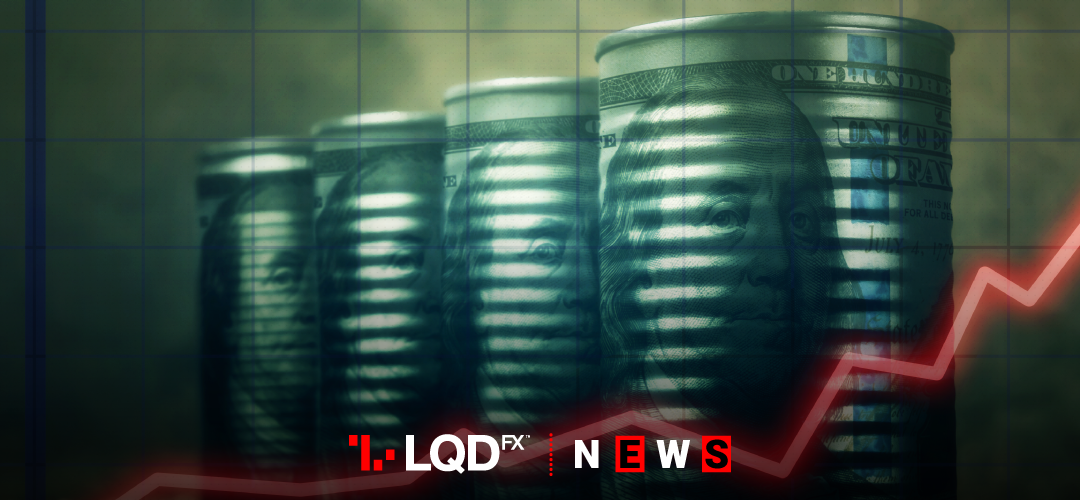As fears about a global economic recession grow, investors are worried that the US-China trade conflict could tip the world into an economic slowdown.
U.S. President Donald Trump said on Monday that he believed China was sincere about wanting to reach a trade deal. The Chinese Vice Premier Liu He said China was willing to resolve the dispute through “calm” negotiations.
But, on Tuesday, concerns resurfaced. China’s foreign ministry said it had not heard of any recent telephone call between the United States and China on trade. They added that they hoped Washington could create conditions for talks.
The U.S. Trade Representative’s office on Wednesday officially reaffirmed President Donald Trump’s plans. The US President is to add an additional 5% tariff on a $300 billion list of Chinese imports starting on Sept. 1 and Dec. 15. Trump announced the tariff increase last Friday in response to Chinese retaliatory tariffs on $75 billion worth of U.S. goods.
Fears of a possible recession and the trade conflict between China and the United States drove investors to safe haven assets.
START TRADINGForex – Recession fears grow as the trade war drags on
Markets become more risk averse. Global trade conflict weighs as recession fears loom.
The dollar index, which tracks the dollar against six other currencies, rose marginally to 98.091.
The Canadian dollar edged lower 0.1% against its U.S. counterpart on Wednesday. The decline for the loonie came ahead of the release on Friday of Canada’s second-quarter gross domestic product data.
The Japanese Yen stood at 105.78 per dollar, unchanged on the day but close to the 7-month high of 104.46 hit on Monday.
Weaker risk appetite weighed on the Australian and New Zealand dollars, which tend to perform well when investors buy into riskier assets. The Aussie had fallen to a more than decade-low of $0.6677 early in August. On Wednesday it stood at $0.6724, down 0.1% on the day. The kiwi was 0.3% lower at $0.6341.
Euro/dollar was flat at $1.1094 with little in the way of new economic data scheduled or developments to spark bigger moves.
Sterling skidded more than 1% against the euro and dollar on media reports of Boris Johnson’s plans. Sterling was last down 0.6% at $1.2209 and 0.7% lower versus the euro at 90.87 pence, just off the day’s lows.
Gold held close to a more than six-year high on Wednesday, after rising more than 1% in the previous session.
In commodities, oil prices rose on Wednesday. Industry data showing a fall in stockpiles of U.S. crude somewhat eased worries about subdued demand due to the China-U.S. trade war.
Brent crude futures climbed 70 cents to $60.21 a barrel by 1204 GMT. WTI crude futures gained 79 cents to $55.72 a barrel.
PLEASE NOTE The information above is not investment advice.
Sources: Reuters, Investing, CNN money
